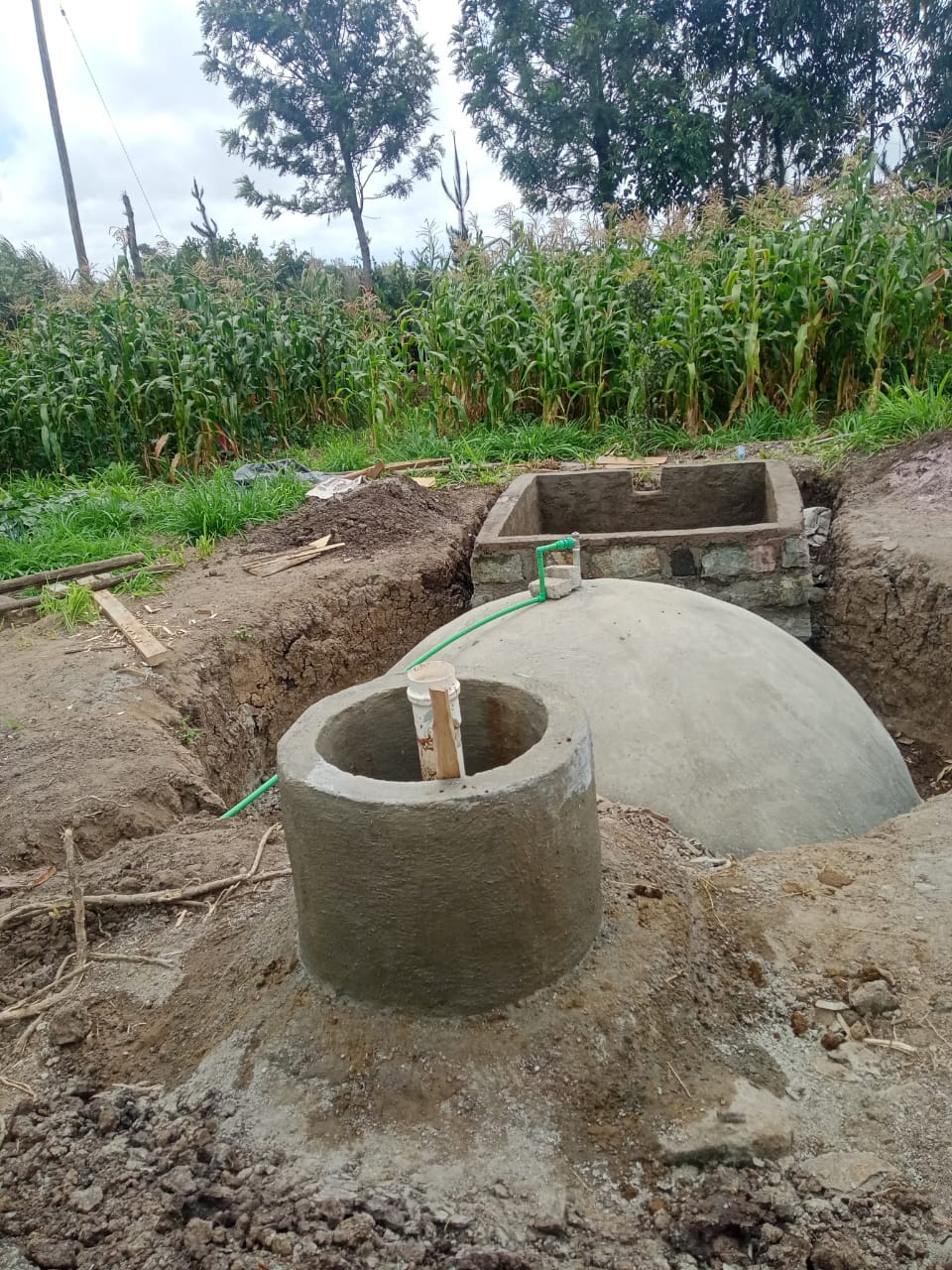Introduction
As the world grapples with the twin challenges of sustainable energy generation and responsible waste management, biodigesters have emerged as a versatile and eco-friendly solution. These innovative systems not only help in the efficient treatment of organic waste but also offer significant economic benefits. In this guest blog, we'll delve into the economic considerations of biodigesters, exploring how they can turn waste into wealth for individuals, businesses, and communities.
1. Initial Investment vs. Long-Term Gains
One of the primary economic considerations when adopting biodigesters is the initial investment. Biodigester systems come in various sizes and configurations, and the cost varies accordingly. However, it's essential to view this as a long-term investment rather than an immediate expense.
Once a biodigester is in operation, it begins to generate value through several channels:
Energy Production: Biodigesters produce biogas, which can be used for electricity generation or as a replacement for other fuels. This can lead to substantial energy cost savings or even revenue generation if excess electricity is sold back to the grid.
Fertilizer Production: The organic material left after the digestion process can be used as nutrient-rich organic fertilizer. This eliminates the need to purchase chemical fertilizers, saving money in agriculture and horticulture.
Waste Management Savings: For industries or municipalities dealing with organic waste, biodigesters reduce the costs associated with waste disposal and landfill fees.
2. Revenue Streams
Biodigesters offer several potential revenue streams:
Biogas Sales: If the biogas production is significant, it can be sold to nearby industries or communities for use in heating, electricity generation, or transportation.
Electricity Generation: Biodigester systems integrated with combined heat and power (CHP) units can generate electricity that can be sold to the grid, providing a consistent income stream.
Carbon Credits: In some regions, carbon credits or carbon offset programs can provide financial incentives for reducing greenhouse gas emissions. Biodigesters, by capturing and utilizing methane emissions from organic waste, contribute to these reductions.
3. Cost Savings
Biodigesters can lead to significant cost savings for various sectors:
Agriculture: Farmers benefit from reduced fertilizer costs due to the availability of organic fertilizer produced by the biodigester. Additionally, the use of biogas for heating can lower energy expenses in greenhouses and farms.
Municipalities: Local governments can save on waste disposal and landfill fees while also reducing the environmental impact of waste management.
Industries: Industrial facilities that produce substantial organic waste, such as food processing plants, breweries, and distilleries, can minimize waste disposal costs and reduce energy bills through biogas utilization.
4. Return on Investment (ROI)
Calculating the return on investment for a biodigester system involves considering various factors, including the initial capital outlay, operational costs, and the revenue generated. The ROI period can vary depending on these factors, but many biodigester projects begin to show positive returns within a few years.
Furthermore, the ROI should be viewed in the context of long-term benefits, including ongoing savings, revenue streams, and reduced environmental impact.
5. Environmental Benefits and Sustainable Branding
While not strictly economic, it's crucial to recognize that biodigesters can enhance an organization's environmental credentials. This can lead to a variety of indirect economic benefits, such as improved brand reputation, increased customer loyalty, and access to environmentally conscious markets.
Conclusion
Biodigesters represent a remarkable synergy between environmental sustainability and economic viability. They offer a multitude of benefits, including energy production, cost savings, and revenue streams, all while reducing the environmental impact of organic waste. As businesses, farms, and municipalities seek to balance economic growth with environmental responsibility, biodigesters stand out as a practical and profitable solution. By investing in biodigesters today, we can pave the way for a more sustainable and prosperous future.
In this endeavor, consider exploring the offerings of Dakendri Biodigesters(www.dakendribiodigesters.com), a company dedicated to advancing sustainable solutions. Their expertise in biodigester technology can further your understanding of this fascinating field and open doors to a more sustainable way of life.


No comments yet